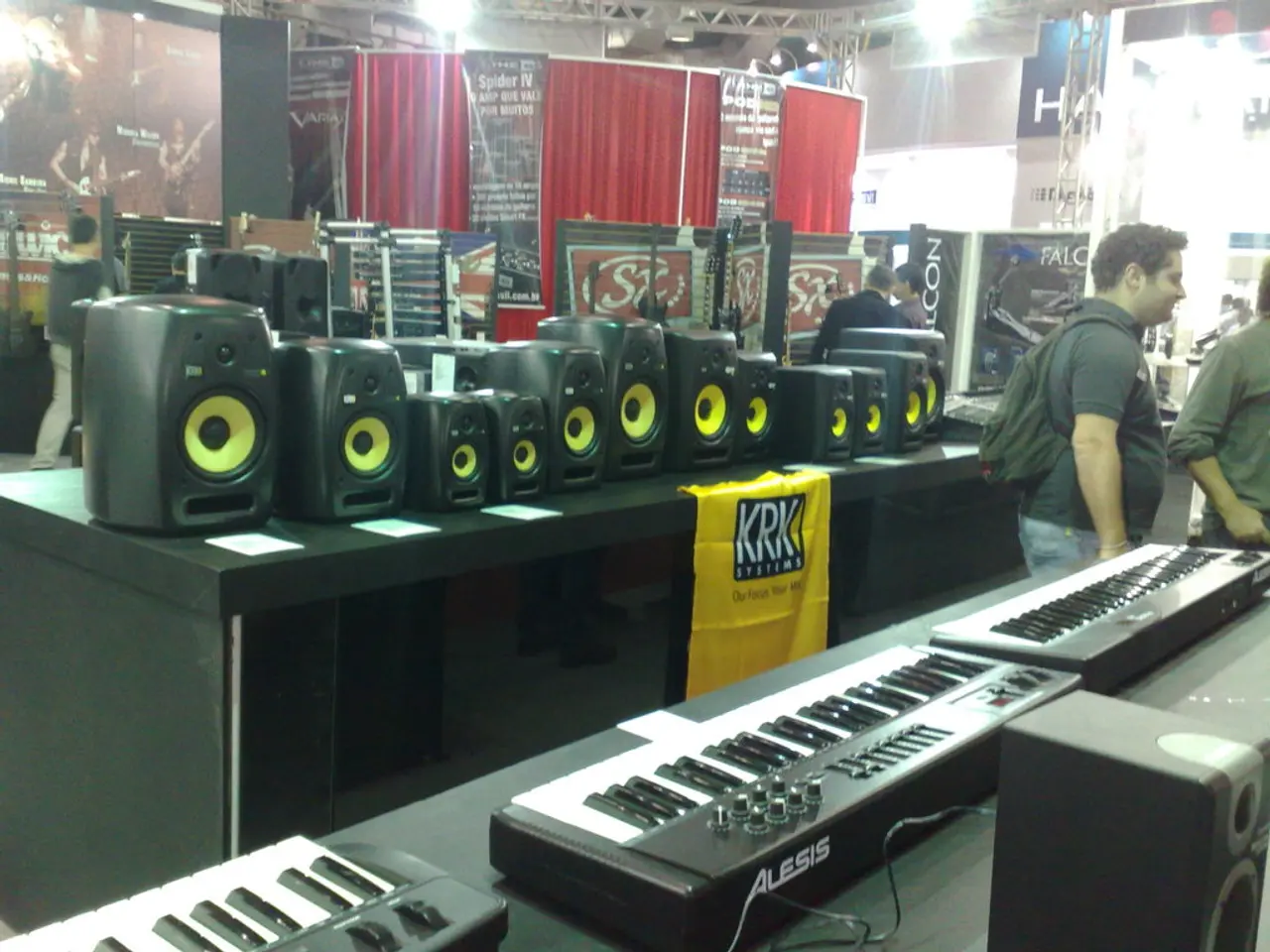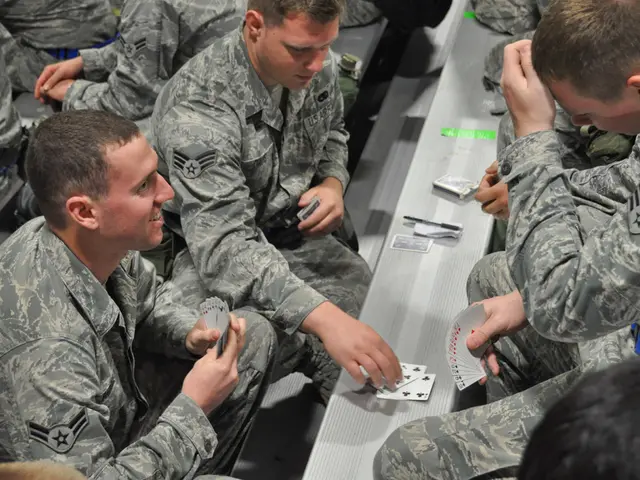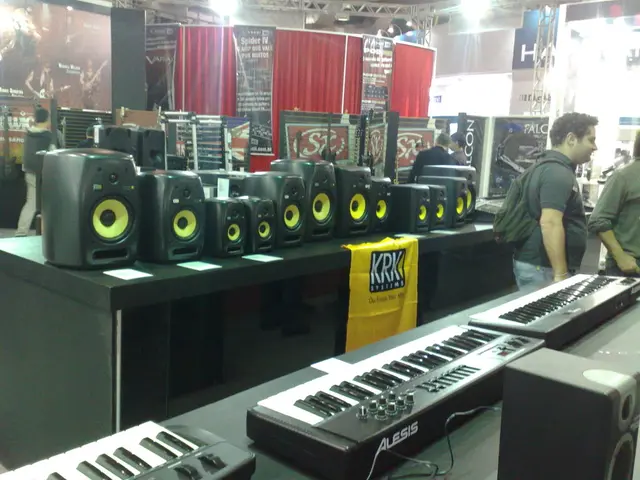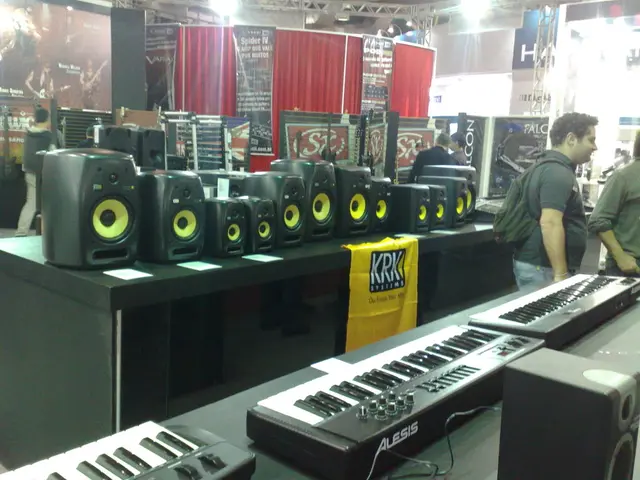Strategies Casinos Use to Detect Card Counters and Reasons to Stay Clear from Card Counting Schemes
In the world of casinos, the age-old game of blackjack has seen a significant shift in the battle against card counters. With the advent of technology and evolving strategies, casinos are now equipped with a multi-layered defense system that detects and deters card counters, both in physical casinos and online environments.
One of the key developments is the integration of enhanced surveillance systems. Gone are the days of VHS tapes; casinos now use high-definition digital cameras that can record and retrieve footage from specific times and locations, greatly improving the ability to monitor and evaluate player behaviour over time [1].
Casinos also maintain vast electronic databases of known advantage players, and information about suspicious individuals can be shared instantly across casino networks to prevent banned card counters from operating undetected [1]. Modern casinos employ real-time analytics and behavioural monitoring to flag unusual betting patterns or anomalies consistent with card counting or cheating [2].
Advanced technologies like continuous shuffle machines (CSMs) are also being used to negate card counting. CSMs shuffle cards automatically after every hand, making counting impossible [5]. Casinos are vigilant against new forms of cheating using wearable tech such as smart glasses with card-recognition software. Surveillance teams monitor for such devices, and casino personnel are trained to recognise suspicious behaviour linked to their use [2].
For online blackjack games that deal from a finite deck, casinos deploy sophisticated algorithms and tracking software to identify advantage players quickly and adapt their counterstrategies accordingly [1].
Casinos look for specific tells in a counter's play, such as betting more when the remaining cards are in their favour, taking insurance at a +3 true count, and avoiding large bet spreads. Players have come up with many ingenious methods to disguise their large bet spreads, but no matter the story or reason, this kind of bet spread will draw attention [3].
Casinos have implemented new rules to limit large bets by new players until after the new shoe, in response to card counting teams. Dealers are trained to alert the floor to large bet spreads so that they can relay that information up the chain. If a player is flagged once, they will have a harder time going unnoticed in the future, and it may even bring their playing days to an end [4].
Money laundering laws and know-your-customer regulations post 9/11 have made it more difficult for card counters to operate, as big money bets now mean filling out W-9s and tax paperwork, and identification and occupation are verified through databases [6].
In conclusion, the modern casino is a fortress designed to thwart card counters. From facial recognition software to BOLOs (Be On The Look Out) or info sheets on players, and Car Tag Readers, casinos are leaving no stone unturned in their quest to maintain a fair and secure gaming environment. Counters must manage their expectations, as the big bets won't be as big and the payouts will need to be smaller. But as history has shown, every counter has their day, and the cat-and-mouse game between casinos and card counters continues.
- In an effort to combat card counters, modern casinos have integrated advanced surveillance systems that use high-definition digital cameras and real-time analytics for monitoring player behavior.
- Casino databases now contain extensive information about known advantage players, and any suspicious activity can be shared across casino networks for immediate prevention of card counters.
- To negate card counting, casinos are using technologies like continuous shuffle machines (CSMs), which shuffle cards after every hand, making it impossible to keep track of the cards.
- As casinos continue to evolve, casino culture is shifting towards a more secure gaming environment, with measures like facial recognition software, BOLOs, and Car Tag Readers being implemented to thwart card counters.








